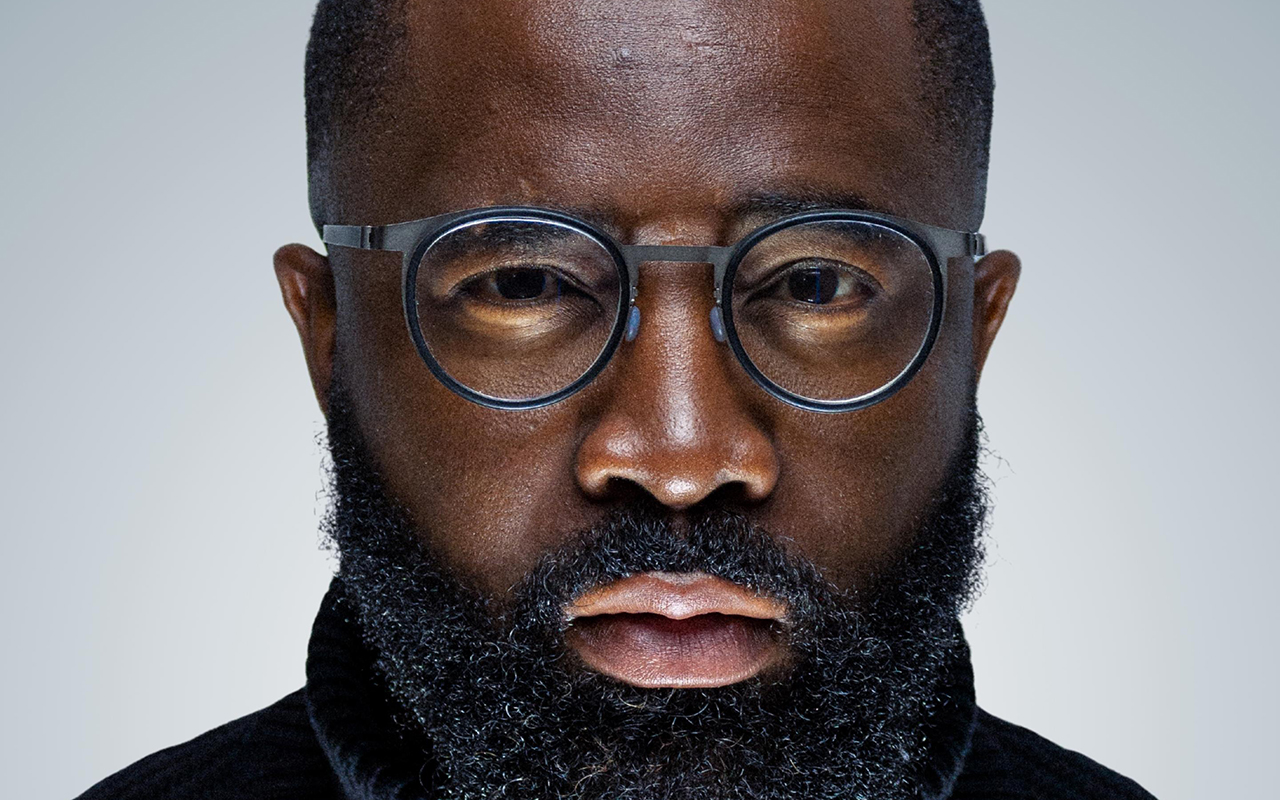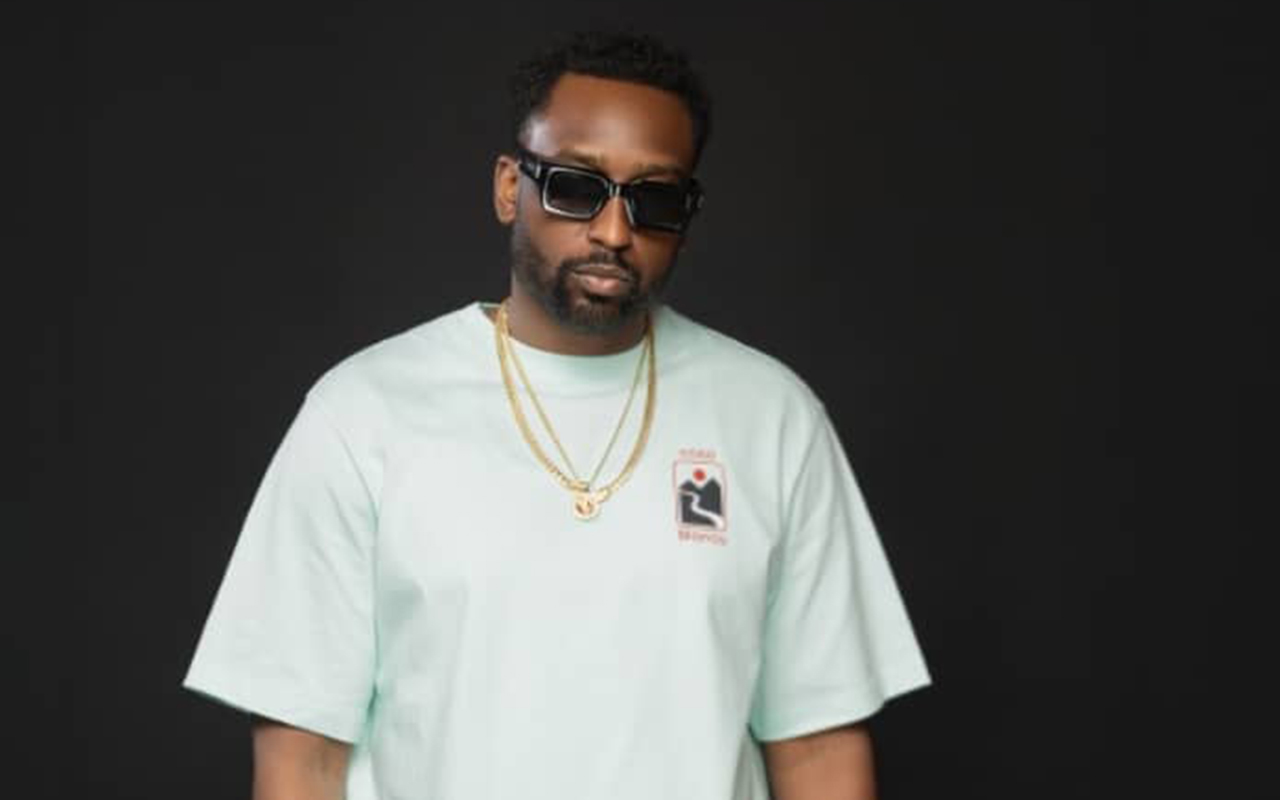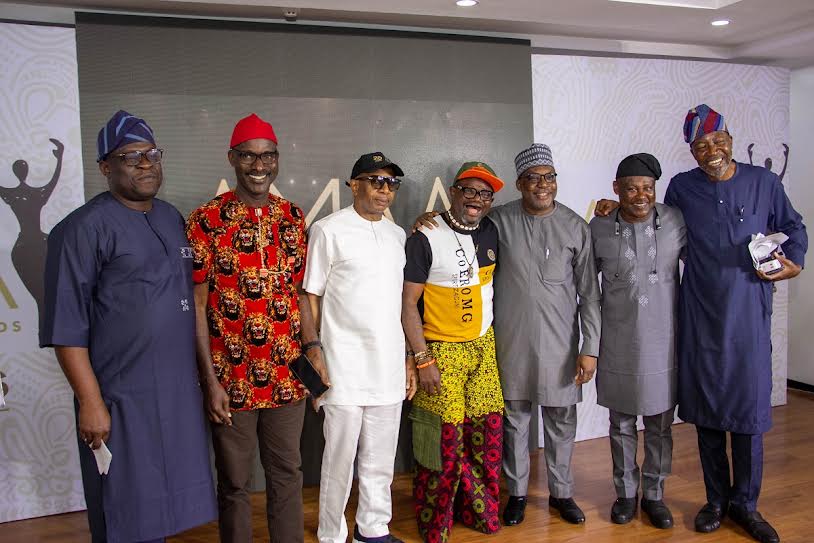Bukunmi Onasanya, also known as ‘BUK’ is an exceptional United Kingdom based Nigerian artist, Producer and Audio Engineer whose music fuses rhythmic vibe of Afrobeats with lots of depth in his verses.
In this interview with The Guardian, he shares how a rejected beat sparked his journey into Afro-gospel, how spirituality continues to shape his sound, and why he believes music should both heal and serve.
Your music blends Christian rap with Afrobeats rhythms, a rare but powerful combination. What inspired you to fuse these genres, and how do you see them complementing each other spiritually and musically?
I actually started out making rap music. But I fell in love with Afrobeats, specifically Afro-gospel, by accident. I had made a beat for an artist who rejected it. To prove the integrity of the beat, I recorded my own song on it. That experience felt like an incredible adventure, and since then, there’s been no going back.
Honestly, I never set out to be put in a religious box. If I could avoid two things in life, it would be religion and politics. But somehow, the spiritual elements kept finding their way into my music. I guess it’s because I deeply believe in the power of spirituality and music. These two forces have helped heal many of my personal traumas.
As an artist and a mixing/mastering engineer, you have complete control over your sound. How does your engineering expertise shape your creative process from conception to the final track?
It feels like a superpower, though sometimes it leads to undervaluing my own work because it comes so effortlessly. But having complete control over the process is a godlike feeling. It’s addictive.
Many would say your lyrics carry both spiritual depth and streetwise relevance. How do you approach writing verses that speak to both faith and everyday struggles?
Each song starts from a different place and serves a different purpose. For example, Story of Umar was about police brutality. It had no spiritual undertone, just raw truth. On the other hand, a song like Wonu mi is deeply worshipful. It came to me in a dream.
So for me, music can come from anywhere like experience, societal issues, prayer, dreams, meditation. I just try to stay open to the source.
Walk us through your creative routine. Do you start with a beat, a scripture, a melody, or something else entirely?
It really varies. Sometimes I start with a beat. Other times, it might be a line in a chorus, or even just a single word or idea. My Outlier EP was born from my love for the word “Outlier,” which I discovered after reading Malcolm Gladwell’s Outliers. That entire 5-track EP was written produced, recorded, mixed, and mastered in just one week.
What’s the story behind the name BUK, and what does it represent to you artistically and spiritually?
I used to go by IceberG, but it was too common and caused confusion, especially on digital platforms. Eventually, I summoned the courage to rebrand. BUK is short for Bukunmi, my first name. I put it in all caps for emphasis. Even my production brand, which used to be Artstillbeats, is now simply BUK. Everything is unified under one identity now.
As someone who handles mixing and mastering yourself, where do you draw the line between perfection and purpose? How do you know when a track is “done”?
That’s a great question. Honestly, I’m still learning this. But experience has taught me a lot. I’ve been mixing and mastering since 2008, back when I was in university. Over the years, I’ve developed this ability to hear the finished version of a song in my head even before I start working on it.
So when I sit at the console, I’m basically just working toward that internal “sonic image” until it matches what I’ve envisioned.
You’re not just an artist, you’re a sound sculptor. How do you use production techniques to reinforce the message of your music?
I see myself as someone with a creative superpower, but I tend to dial it down on my personal projects. When I’m producing for others, I go all in. But for myself, I intentionally leave a level of rawness in the mix. It’s a balance. I still hold onto excellence, but I let the humanity and imperfection stay present too.
What’s been the most spiritually challenging or transformative song you’ve ever created, and why?
I’d say Someday. It doesn’t even sound like a gospel song, but it came to me in a dream. I literally saw myself performing it. When I woke up, I only remembered fragments of the lyrics and melody. Still, I jumped out of bed, powered up my computer, made the beat, and recorded the song that same night. It was a divine moment.
In an era where much music is driven by trends, how do you stay rooted in your faith and originality while still evolving with the soundscape of Afrobeats and hip hop?
I’ve never been a trendy guy. I don’t chase the next shiny thing. The only thing I stay updated on is music production technology, AI and studio equipments. Even then, I know when to step back if it becomes overwhelming. My focus is always on substance and soul.
Finally, if BUK could leave one imprint on the world through music, what would that legacy sound like and what would it say?
That’s another great one. I’d want it to be a message of love, especially love for others. In today’s world of self-love culture, I rarely see people who are truly happy. I’ve learned that real fulfillment begins and ends with serving others. That’s the legacy I want to leave: music that uplifts, serves, and heals.






